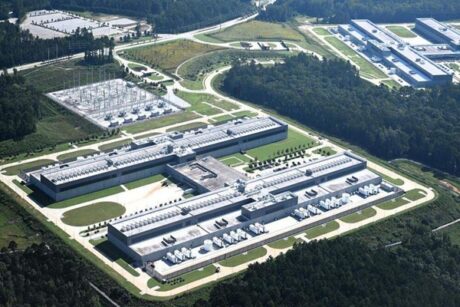- Course No E – 1549
- PDH Units 6.00
No data found for Custom Course Number
No data found for Custom Course Units
- Course No E – 1549
- PDH Units 6.00
Intended Audience: electric systems engineers/planners, and storage system vendors
PDH UNITS: 6
This online engineering PDH course discusses the cost, performance and maturity of electricity storage technologies, with much of the discussion focusing on recent developments in battery technology. In general, electricity storage technologies can be classified by the power they can deliver and the time required delivering it. Thus compressed air energy storage and pumped hydro are capable of discharge times in tens of hours with power ratings reaching 1000 MW. In contrast to these large sizes, flywheels and batteries cluster in the lower end of the discharge duration spectrum, ranging from a few seconds to 6 hours. The sections of the course are organized by technology and provide a snapshot of the status, trends in deployment, data sheets on performance, and design features. Estimates of life-cycle costs for each technology are also provided, along with the key assumptions used. Emerging technologies still in the early research and development stage are noted in the last section of the course but are not reviewed in detail. This course is based on Chapter 2, “Electricity Storage Technologies, Cost, Performance, and Maturity” of the “DOE/EPRI Electricity Storage Handbook in Collaboration with NRECA,” February 2015.
Learning Objectives
At the successful conclusion of this course, you’ll be able to identify and discuss:- Pumped hydro
- Compressed air energy storage
- Sodium-sulfur batteries
- Sodium-nickel-chloride batteries
- Vanadium redox batteries
- Iron-chromium batteries
- Zinc-bromine batteries
- Zinc-air batteries
- Lead-acid batteries
- Flywheel energy storage
- Lithium-ion family of batteries
Once completed, your order and certificate of completion will be available in your profile when you’re logged in to the site.









